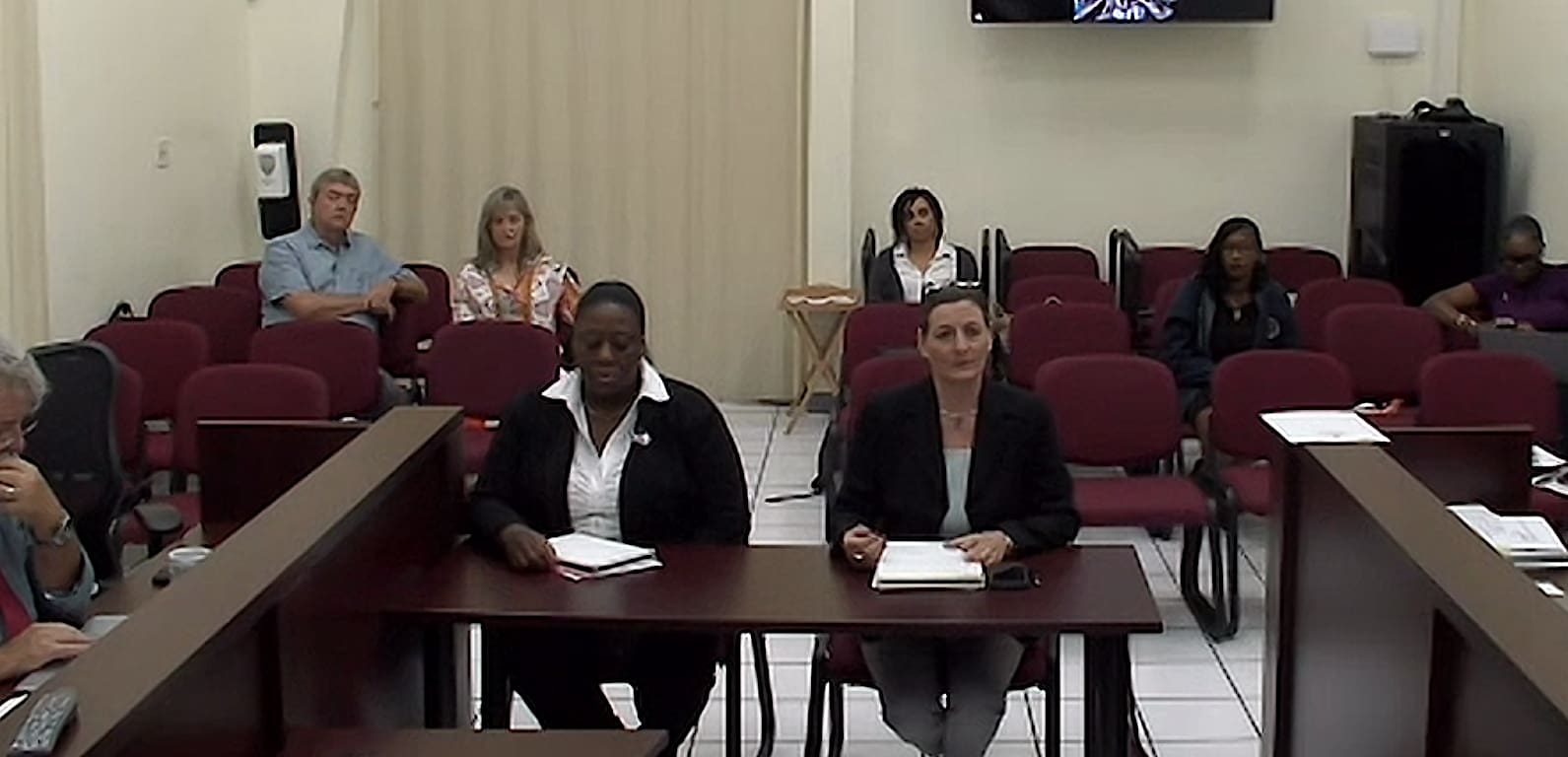
The Water and Power Authority agreed Tuesday to pay down millions it owes to two St. Croix solar farms for electricity, which it then resells to Virgin Islanders. WAPA has also ordered replacements for malfunctioning meters that sometimes give wildly inaccurate readings, officials told the Public Services Commission.
WAPA had already made its first new payment to BMR Energy in months, including extra to go toward its roughly $5 million debt, said the utility’s Interim Chief Financial Officer, Lorraine Kelly.
BMR Energy’s two companies, Spanish Town Estate Solar on St. Croix and Donoe Solar on St. Thomas, sell solar-generated electricity to WAPA at between 17 cents per kilowatt hour and 13.9 cents per kilowatt hour — far less than it costs WAPA to generate a kilowatt-hour, CEO Bruce Levy said in September.
Levy and BMR’s attorney, Adam Marinelli, had said the solar farms would likely cease to exist unless WAPA started making regular payments.
“This is a positive first step and hopefully they can continue to keep making payments,” Marinelli said Tuesday.
The long embattled utility runs a monthly deficit of between $5 million and $8 million as it struggles to keep old, inefficient diesel generators working and bring new, more efficient propane-powered generators online.
Virgin Islanders had been complaining on social media platforms about bills suddenly skyrocketing from less than $200 a month to more than $700. A St. John customer said in July their WAPA bill went from an average of between $175 to $300 to more than $3,000.
Since July, 178 Virgin Islanders had contacted WAPA to complain about billing or other service issues, Kelly said. Normally, less than five or so complaints come in each month, she said.
“The customer service teams are working hastily each day,” Kelly said. “Our customers are absolutely critical to our being able to survive.
To address the issue, WAPA ordered thousands of new meters — some correctly functioning automatic meters, some traditional manually-read meters. Kelly said the first shipment of 2,500 was due to arrive by the end of October and 7,500 more by the end of the year.
Reading the meters in person requires more vehicles and staff, she said. Currently, WAPA has eight meter readers in each district. They want to add four more territory-wide, Kelly said.
Kelly asked for the PSC’s support undoing another vexing billing oddity. WAPA is required by law to read meters every 30 days. This leads to difficult and confusing billing cycles in months with 31 days — or 28. Kelly said WAPA would ask the Legislature to change the law to say meters were to be read once a month, not a specific number of days.














